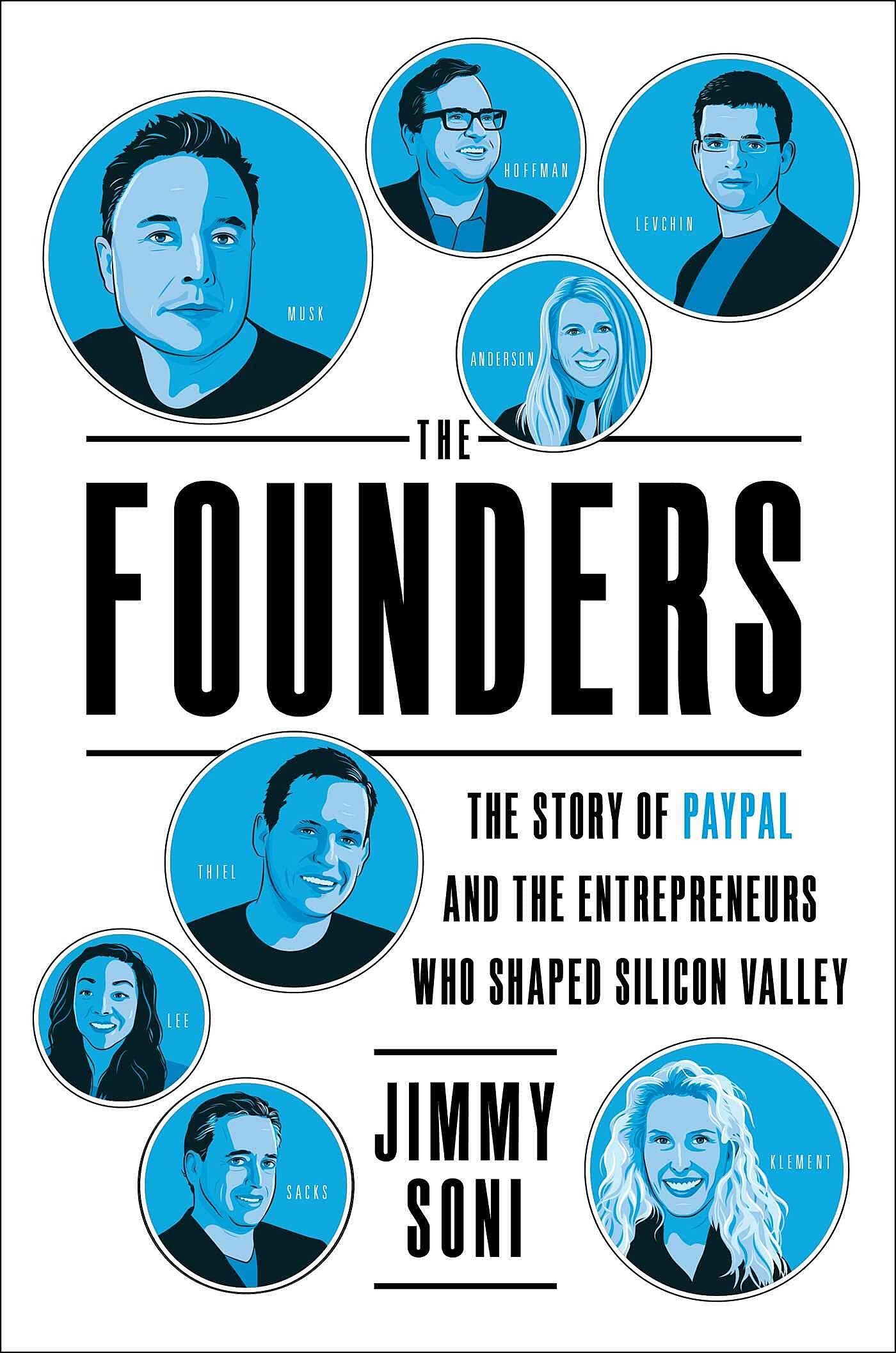
My top 15 highlights from the book:
1. Payne walked into Musk's bedroom. The room was literally filled with books—biographies about business luminaries and how they succeeded. It kind of clicked to me that Elon was prepping himself and studying to be a famous entrepreneur.
2. "I think you may misread me a little. My mind is always on X.com by default, even in my sleep–I am by nature obsessive-compulsive," Musk wrote back. "What matters to me is winning, and not in a small way."
3. Levchin kept the bar for talent exceedingly high even if that came at the expense of speedy staffing. Max kept repeating, "As hire As. Bs hire Cs. So the first B you hire takes the whole company down."
4. At PayPal, disharmony produced discovery.
5. In Levchin and Thiel, Musk found something he rarely encountered: competitors as driven to win as he was.
6. Properly understood, PayPal's story is a four-year odyssey of near-failure followed by near-failure.
7. The cadence of learning at a start-up? Fucking intense is an understatement.
8. The founder may be bizarre and erratic but this is a creative force, and they should run the company.
9. Company leaders set a cultural tone of impatience.
10. Peter is even less tolerant of bullshit than I am, Musk remarked. My bullshit tolerance is low, but Peter's is like zero.
11. Every moment of friction was fat to be cut.
12. Peter likes to confront things. He likes to know if he's wrong. He's actively looking for how things could break, how things could fail—constantly. Much more so, and much more proactively, than a lot of entrepreneurs I know.
13. PayPal was a company of extremely aggressive people with a real bias for action.
14. Thiel's view was that trust among teams was hard to build, and that friends-turned-employees came preinstalled with trust. Trust produced speed.
15. I never stopped and thought, Will this work? That question was completely foreign to those years. It was, What can we do? And how fast can we do it?